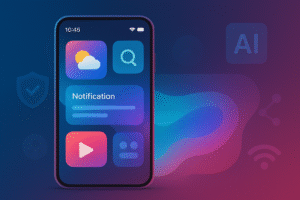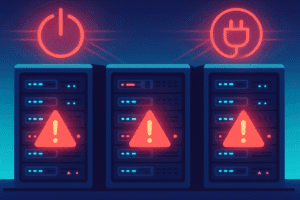The Best Tools for Taking Notes in 2025
Digital notetaking in 2025 has evolved a lot— and it’s better than ever. Whether you’re organizing thoughts, managing projects, or simply capturing quick ideas, the right tools empower you to work smarter, not harder.
In this guide, we highlight the best tools for taking notes in 2025 — each tailored for specific styles and workflows.
Why Choosing the Right Note-Taking Tool Matters
“The tool you use to think is the tool you use to learn.”
With increasing cognitive overload, structured digital note-taking has become a personal competitive edge. The best tools don’t just store thoughts; they connect them, remind you of them, and let you act on them.
Top Note-Taking Tools in 2025
1. Notion — All-in-One Digital Workspace
Why it’s great: Notion remains unbeatable for those wanting to consolidate everything in one place — notes, tasks, wikis, and databases.
Key Features:
- Nested pages and drag-and-drop blocks
- Collaborative editing and sharing
- Integrated databases, calendars, and kanban boards
- Native AI assistant to summarize or create content
Explore Notion’s capabilities at their official site.
2. Obsidian — For Knowledge Architects
Obsidian is the top choice for users seeking deep, local-first knowledge management. With its Markdown-based notes and backlinking, your ideas form a dynamic web.
Key Features:
- Offline-first with full data ownership
- Graph view and backlinking for idea mapping
- Active plugin ecosystem
“Obsidian isn’t just a note-taking app — it’s a thinking environment.”
3. GoodNotes 6 — For Handwritten Notes and Diagrams
Perfect for visual thinkers and tablet users, GoodNotes 6 combines the freedom of handwriting with digital precision.
Key Features:
- Advanced handwriting-to-text conversion
- Record audio synced to notes
- Improved folder organization and sharing
4. Evernote — A Veteran Reinvented
Evernote is back in the spotlight thanks to its recent overhaul with AI search, smart tagging, and calendar integration.
Key Features:
- Web clipper with contextual archiving
- Natural language search
- Syncs across all major platforms
5. Microsoft OneNote — Cross-Platform Simplicity
OneNote remains a top-tier free solution that works across every major device and is particularly well-integrated into the Office 365 suite.
Key Features:
- Page-based notebooks and color-coded sections
- Strong stylus support for handwritten notes
- Auto-sync and team sharing
How to Choose the Right Tool for You
Before jumping in, reflect on these:
- Do you need collaboration features or is this just for you?
- Do you type everything or love handwritten input?
- Do you want something minimalist or feature-rich?
- Are you working on a desktop, tablet, or mobile device primarily?
Tip: Don’t overload yourself with too many apps. Master one tool and let it become your digital second brain.
Our Final Take
If you’re serious about digital organization, here’s our TL;DR:
- Notion for structure and versatility
- Obsidian for deep thinkers and local-first users
- GoodNotes for creatives and stylus users
- Evernote for traditional users and web clippers
- OneNote for anyone who values simplicity and cross-platform syncing
Make your notes work for you in 2025 — not the other way around.
Related Content
Share this post:














Post Comment